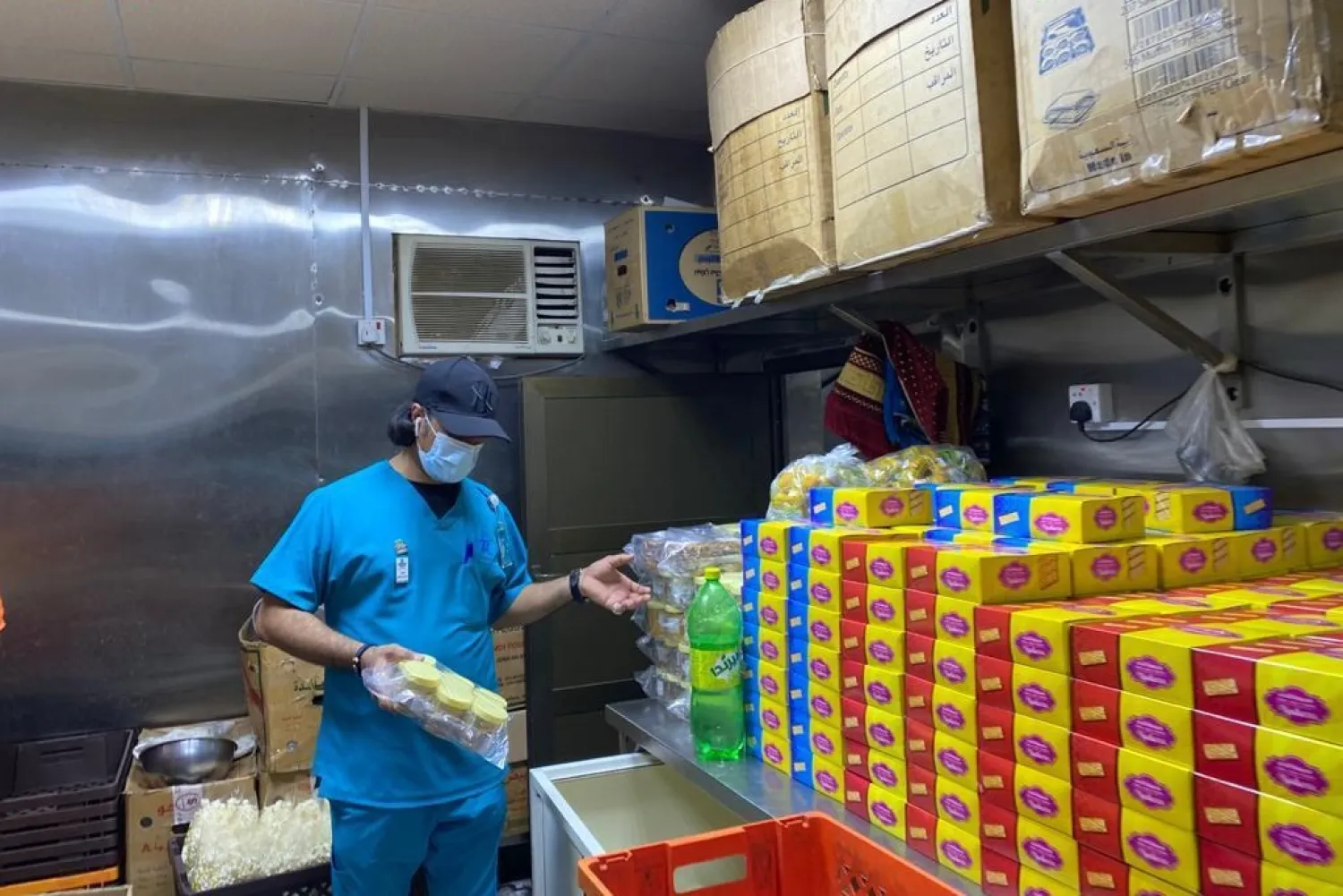Saudi authorities allowed the Public Prosecution to issue a travel ban against the violators of the provisions of the anti-commercial fraud law until the final verdict is issued in the case.
Sources told Asharq Al-Awsat that the top authorities directed the Ministry of Interior to deport any non-Saudi convicted of committing any violations stipulated in Article Two of the law and bar them from entering the country again.
The government recently issued amended articles of the law adopted in the Kingdom allowing the Public Prosecution to issue a travel ban against any violator.
The cabinet had reviewed a recommendation prepared by the Council of Economic and Development Affairs. After considering the Shura Council’s decision and the recommendation of the Council’s General Committee, it issued approval to amend Article 23 of the system to comply with the state’s directions and combat violators of the law.
Judicial officers search and investigate the reports and then withdraw samples of the products in question for examination and analysis and issue a statement.
They can also enter and inspect facilities, storage places, and vehicles to investigate the violation and ultimately destroy the product.
Fines against violators of the law can reach $266,000 or imprisonment for a period of up to 3 years or both.
The Ministry of Commerce stressed its aim to protect consumer rights and apply legal penalties to establishments that violate the law.
It urged all consumers to submit their reports about violating facilities through the application of a “commercial fraud notification” or the Call Center at 1900 or the Ministry's official website.









